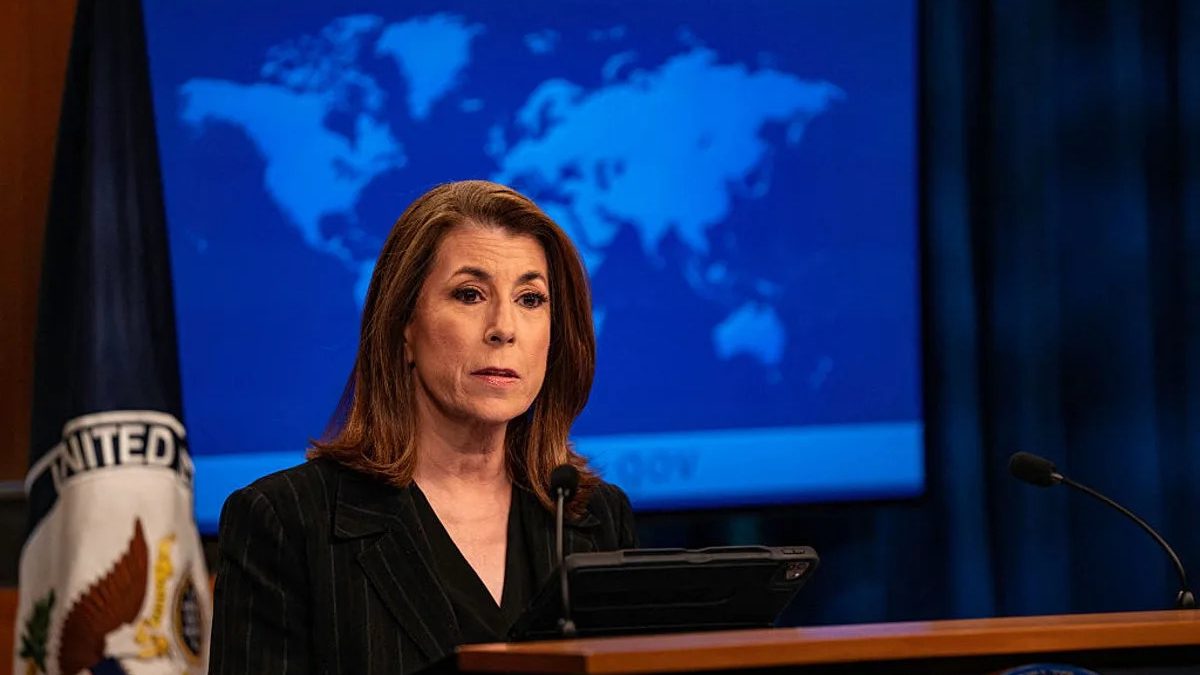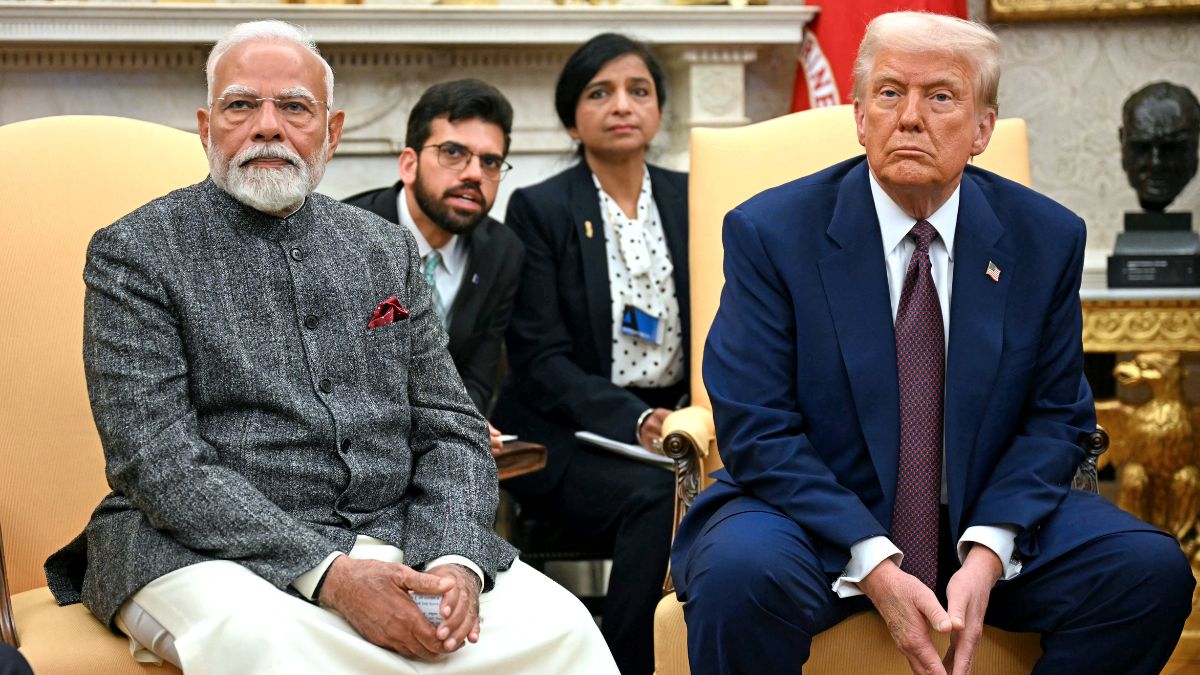Pakistan’s $7 billion agreement with the International Monetary Fund (IMF) is already faltering as economic assumptions underpinning the deal have failed to materialise, prompting concerns about renegotiating terms or imposing additional taxes, according to local reports Thursday.
Official data indicate that three of the four economic assumptions tied to Pakistan’s fiscal targets—growth rate, inflation, large-scale manufacturing, and imports—have proven inaccurate just one quarter into the fiscal year. Islamabad now faces an increased tax shortfall, straining its ability to meet IMF commitments.
The Express Tribune reported that the Federal Board of Revenue (FBR) has missed its first-quarter tax collection targets, underscoring the difficulties facing Pakistan’s government. The newspaper cited a shortfall of Rs90 billion ($321 million) in the FBR’s first-quarter collections, with internal assessments indicating the deficit may expand to between Rs 350 billion and Rs 400 billion ($1.2 billion to $1.4 billion) by December.
Economists warn that without adjustment, the IMF deal could force further economic strain on taxpayers. However, Deputy Prime Minister Ishaq Dar expressed reluctance to fully embrace IMF recommendations, such as a market-determined exchange rate. Dar suggested the rupee is undervalued by at least 16 per cent, despite IMF pressure to allow further devaluation.
The deal’s obstacles follow prior reports that the IMF package was poorly structured, with multiple assumptions unraveling. For instance, average inflation in the first quarter fell to 9.2 per cent, well below the anticipated 12.9 per cent. Imports, a critical revenue source, rose only 8 per cent, compared to the 17 per cent projected growth, and large-scale manufacturing increased by only 1.3 per cent against the assumed 3.5 per cent.
Impact Shorts
View AllThe FBR estimates additional losses will accumulate through low domestic sales tax and excise duties collection and constrained customs duties due to limited import growth. While the first-quarter sales tax at import stages yielded Rs 482 billion, Rs 147 billion shy of projections, the customs duties collection reached Rs 276 billion, slightly above estimates.
The IMF had stipulated a tax target of Rs 12.92 trillion ($46 billion) for Pakistan this fiscal year, along with Rs 1.2 trillion in additional taxes. However, due to diminished inflation and interest rate forecasts, tax revenues are expected to fall significantly below these figures.
With the second quarter underway, analysts expect Pakistan will face further revenue shortfalls, as lower-than-expected tax intake is anticipated to continue. Pakistan’s four provincial governments also face challenges, failing to generate the required Rs 342 billion in cash surpluses, achieving only Rs 160 billion, which may affect Pakistan’s primary budget surplus target.
Amid these pressures, some government insiders are urging that any savings from potential interest rate reductions be used to offset FBR’s tax shortfalls. Nonetheless, projections indicate more corrective measures may be necessary for Pakistan to remain on track with the IMF agreement, or risk further economic strain.
With inputs from PTI


)
)
)
)
)
)
)
)
)



